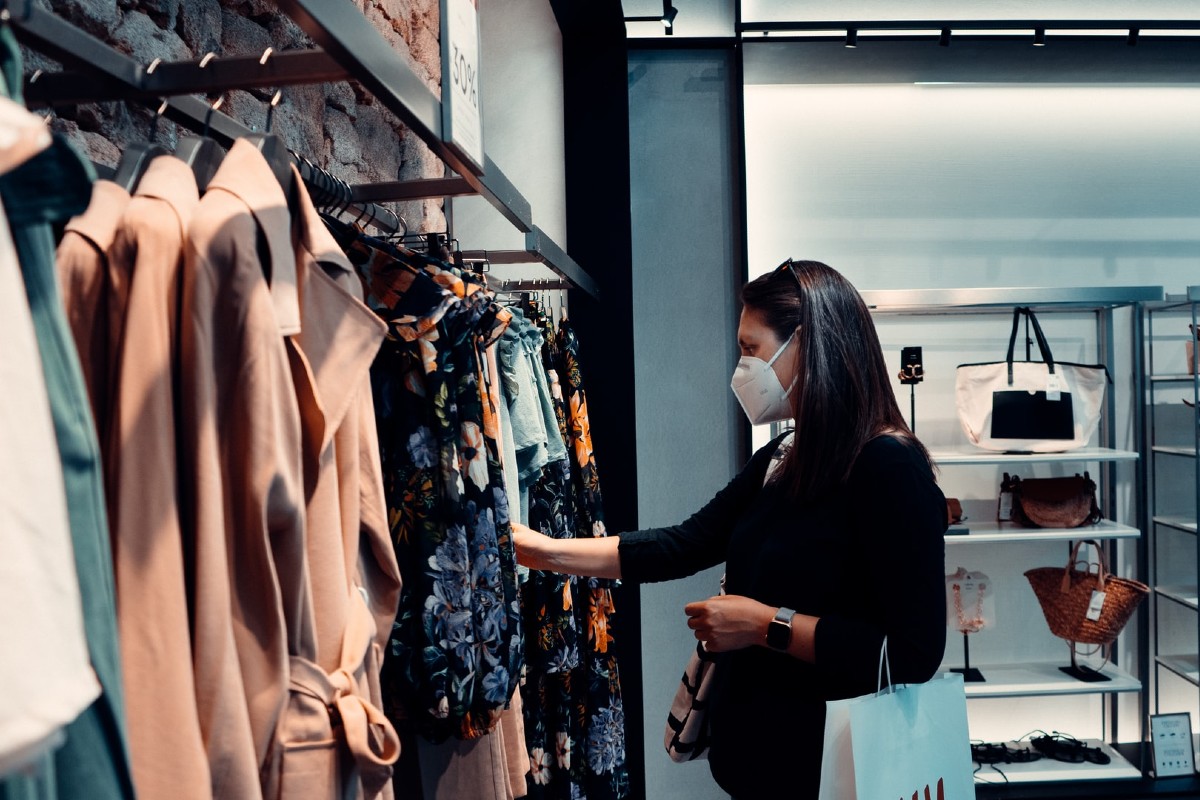
By Andy Brack, editor and publisher | Our roadways are busy. Traffic is back. If you walk on downtown streets, there are more people than in a long time. Tourists are returning. Restaurants are opening. Airports are picking up steam.
 While South Carolina’s infection rate for COVID-19 remains one of the highest in the nation, we seem hellbent on getting back to normal — even though it would be smarter to remain cautious and as distanced as much as possible for three more months until most Americans are vaccinated.
While South Carolina’s infection rate for COVID-19 remains one of the highest in the nation, we seem hellbent on getting back to normal — even though it would be smarter to remain cautious and as distanced as much as possible for three more months until most Americans are vaccinated.
In many ways, South Carolina has never been truly shut down like other states, except for a few weeks in the spring last year. Instead, most of us adapted by wearing masks, not going to events and crowded places, shopping at odd hours and staying in more than before the pandemic.
“As COVID first hit, you could drive down the highway and see a ghost town, but now it’s back to normal,” said Jason Lee, president of REV Federal Credit Union in the Lowcountry.
But across the state, people seem to think we have been in total lockdown. Nope. That was California or New York where many people didn’t leave their homes for long periods of time.
It’s the age-old difference between perception and reality. Because the pandemic has altered lives, South Carolinians seem to think things have been just horrible for months on end. That’s the perception. (Look at it another way, too. Haven’t you caught up on home projects? Learned some new skills? Spent more time with immediate family? Saved a little money from not going out as much?)
The reality is we’re really not off the mark as much as you might think — because we never truly shut down as infections raged.
Overall, the state’s economy is off about 2 percent of what it was before the pandemic. If you take away the leisure and hospitality industries — which were hit particularly hard by the pandemic — South Carolina has pretty much recovered, said research economist Joey Von Nessen of the Darla Moore School of Business at the University of South Carolina.

“We’ve seen significant recovery in South Carolina, but it’s been very dichotomous as well,” he said. “If you pull leisure and hospitality (from the numbers), we have seen employment recover within 1 percentage point of where it was before the pandemic hit. That’s a very strong recovery the state has seen. But if we look at leisure and hospitality by itself, it’s still down about 16 percent in employment of where it was.”
In February 2020, 2,217,100 of all South Carolinians were employed, according to the U.S. Bureau of Labor Statistics. By December, the number was off just over 60,000 jobs to 2,156,400 people with jobs.
Now look at leisure and hospitality. Last February, 281,700 people were employed in the sector, compared to 236,000 in December. In other words, three in four of South Carolinians without jobs are from this one sector with only 15,000 people from all other sectors.
In fact, many sectors are doing very well.
“From a housing perspective, there is a lot of lending going on,” said Lee, who added that his bank had a banner year last year. “It seems like it shouldn’t have been that way. Deposits grew by 18 percent and loans by 20 percent.”

In the hot Charleston market, for example, owners with homes on the market reportedly are sometimes getting offers above list value. Total single-family sales volume was up nearly 17 percent in 2020 over 2019, Von Nessen said, which made the total sales volume for the year to be one of the strongest ever in the region.
Yet despite examples and data, most people really don’t feel things are different. Maybe it’s because COVID-19 vaccinations aren’t yet ubiquitous. Or we just don’t feel like things are back because of masking, distancing and ways we changed behaviors.
And there’s data to support that, too. Consumer confidence surveys show Americans have much less faith in what’s going on than a year ago. The University of Michigan’s Index of Consumer Sentiment was at 101 points before the pandemic, but down to 76.8 in February.
Confidence will take time to rebound, but it will — just like most jobs have.
Andy Brack is editor and publisher of Statehouse Report. Have a comment? Send to: feedback@statehousereport.com.















 We Can Do Better, South Carolina!
We Can Do Better, South Carolina!